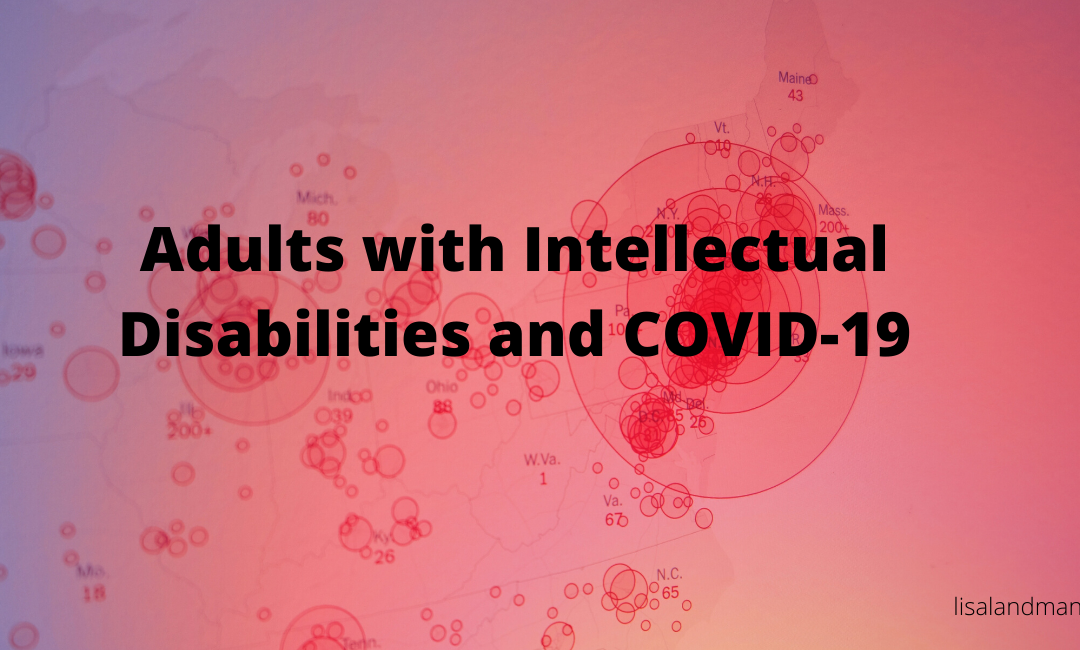There has been much attention paid to specific demographics when it comes to COVID-19 like the elderly or Millennial’s. But there is a large group of individuals that have yet to be addressed. More than six million Americans have been diagnosed with Intellectual and Developmental Disabilities (IDD). It is estimated that another 3 million or more Americans fall somewhere on the autism spectrum.
Individuals with IDD generally have limitations with their intellectual functioning, affecting their social and practical skills. Some individuals on the autism spectrum may display issues during social interactions, hyper-focus on specific things or engage in repetitive behaviors. Adults with IDD can also be very routine-oriented. The disruption of COVID-19 to their daily schedules can be devastating.
Many individuals with IDD rely heavily on caregivers to assist with completion of their activities of daily living (ADL). ADLs are the basic tasks that must be accomplished daily for an individual to thrive such as brushing your teeth, showering, eating, even using the bathroom.
With COVID-19, the quarantine and social distancing, caring for adults with IDD has presented some challenges. Sources of basic care like transportation and food prep may have been suspended. Social activities may have been cancelled. High functioning adults with jobs may have been furloughed. Routines and structure may have lapsed due to the new “normal” that so many have had to adjust to in their lives.
Further, many of the adults with IDD have underlying medical and/or psychological health conditions that could make them vulnerable during the pandemic. The CDC has extraordinarily little to say directly to individuals with IDD other than the recommendation of following the general COVID-19 preventative measures that are currently in place. Sadly, caregivers have minimal resources available to them. Without the proper support, an entire vulnerable population is at risk. The CDC needs to develop guidelines that speak directly to the unique challenges that individuals with IDD and their caregivers face. Programs must be developed, and funds must be allocated to support the individuals and the caregivers that enrich their lives, during the pandemic and beyond.


